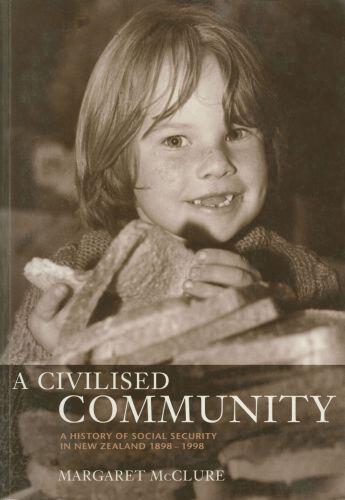-
Nombre de pages : (-)
-
Collection :
(-)
-
Genre :
(-)
-
Thème :
Non attribué
-
Prix littéraire(s) :
(-)
Résumé:
Who should receive social security? Whose needs are greatest? Is social security a mark of citizenship or a cause for shame? Should cash benefits provide for basic sustenance or promote a sense of belonging? Does a benefit for sole parents break down family structures? How can the costs of... Voir plus
Who should receive social security? Whose needs are greatest? Is social security a mark of citizenship or a cause for shame? Should cash benefits provide for basic sustenance or promote a sense of belonging? Does a benefit for sole parents break down family structures? How can the costs of social security be controlled? These questions are not new and have been debated throughout the twentieth century. This pioneering history traces the development of social security policy in New Zealand from the passage of the Old Age Pensions Act in 1898 through to the recent benefits cuts, the 1997 superannuation referendum and the Code of Social Responsibility of 1998. Margaret McClure examines the slow growth of state benefits in the first three decades of the century before looking at the 1938 Social Security Act, and she explores the changing pattern of state benefits in the postwar period, relating these changes to political developments, social patterns and intellectual currents. The book not only looks at social security as government policy, but draws on the experience of beneficiaries and the lives of ordinary people.
Donner votre avis








